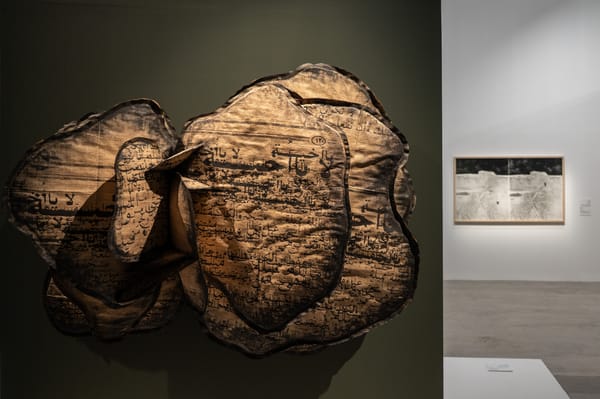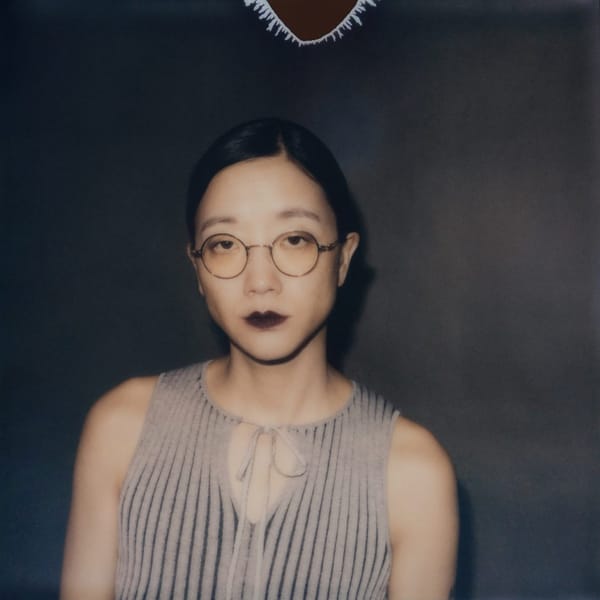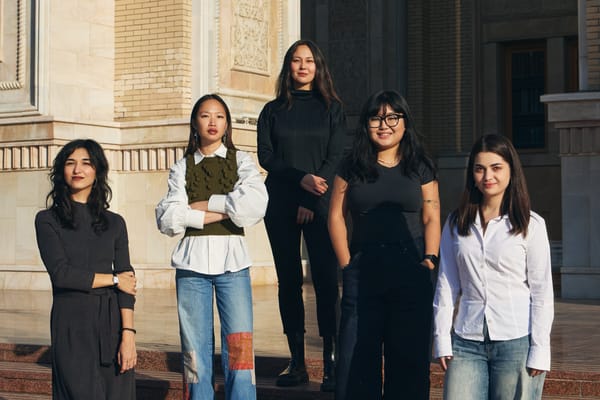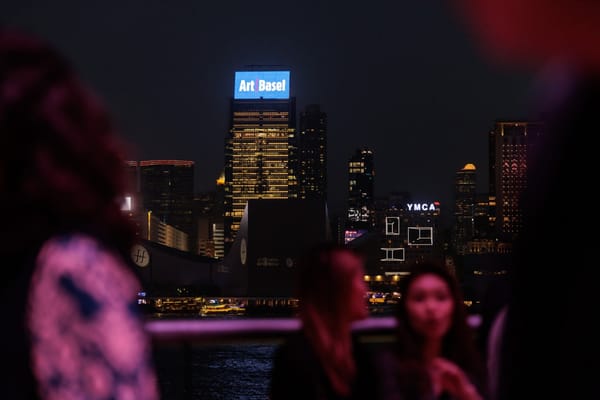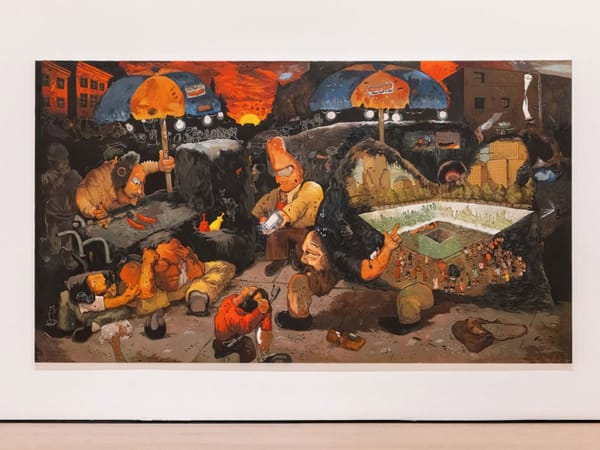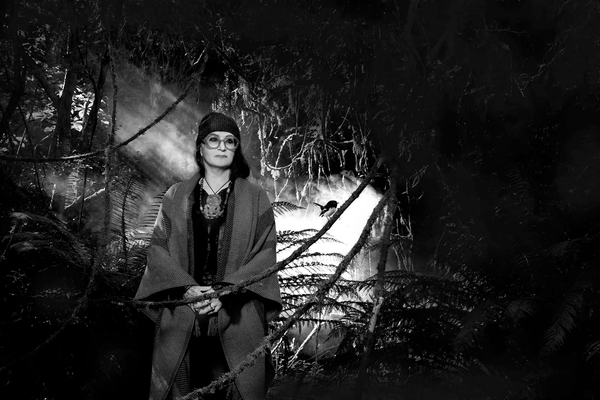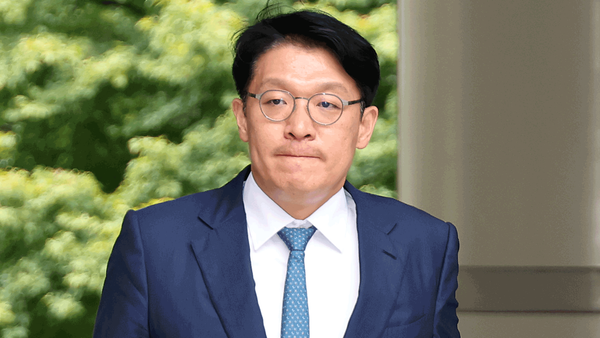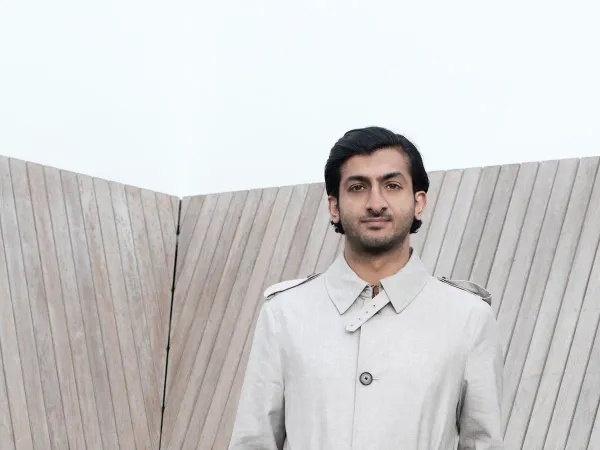News
Asia Art Archive Reopens After Major Renovation
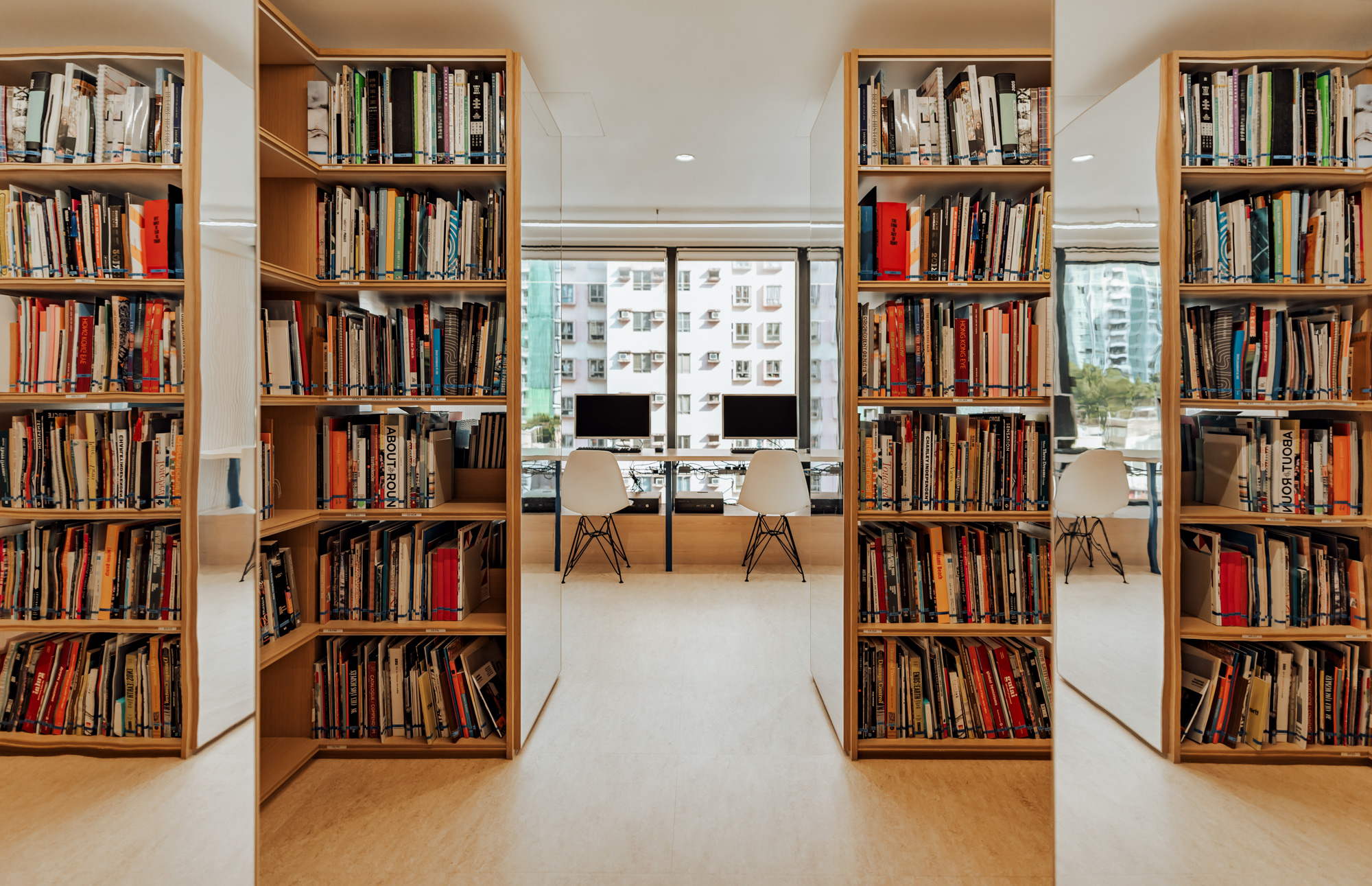

After a year-long renovation, Asia Art Archive (AAA), the Hong Kong-based art nonprofit and library home to more than 120,000 art historical materials, will reopen to the public on November 26 with a series of talks titled “Hong Kong Conversations 2022.”
Hong Kong-based LAAB Architects has refurbished AAA’s nearly 280-square-meter space at Sheung Wan’s Hollywood Centre into a more spacious and comfortable library. The walls were replaced by floor-to-ceiling glass panels, which create a more welcoming atmosphere for the visitor and allow more natural lights to enter the space. The new interior features a warmer tone with the use of wooden furniture. The organization also renewed its shelves to a hybrid of open and closed shelf systems, increasing its capacity by 50 percent.
Christopher K. Ho, who joined AAA as executive director in September 2021 and oversaw the library’s renovation, said that while the organization has branches in the United States and India, “AAA remains committed to Hong Kong as a home and home base.”
“Hong Kong Conversations 2022” will discuss the potentials and restrictions of creating art collectively in the city. With a focus on performance art, community engagement, and cultural labor, the first session will feature eight artists from local groups, such as Sanmu Chen Shi-Sen of Southern Artists Salon and Green Wave Art; Dick Lai Chun Ling of Your Ears Covered; and Ocean Leung Yu Tong of Epical Chamber. The second talk will invite members of three local multidisciplinary groups—Black Window, Floating Projects, and Popo-Post Art Group—to speak about how they have responded to the changes experienced by the city.
The opening series of talks is part of “The Collective School,” AAA’s collaborative project with the Jakarta-based collective Gudskul, which culminated in an exhibition that opened during the archive’s soft opening in October. For the exhibition, eight collectives from other parts of Asia were invited by Gudskul to respond to AAA’s materials on Xiamen Dada, the Black Artists of Asia, and Womanifesto.
Established in 2000, AAA aims to contribute to the Asian art history, with its vast collection of materials from key exhibitions and art spaces as well as personal archives of significant artists, educators, and art professionals. The archive houses more than 40,000 books and exhibition catalogues; over 10,000 historical objects; and numerous CDs and DVDs featuring Asian art since the early 20th century. The nonprofit received financial support and donations from individuals, foundations, government, and corporations every year for its operation.
